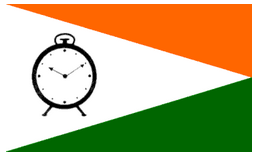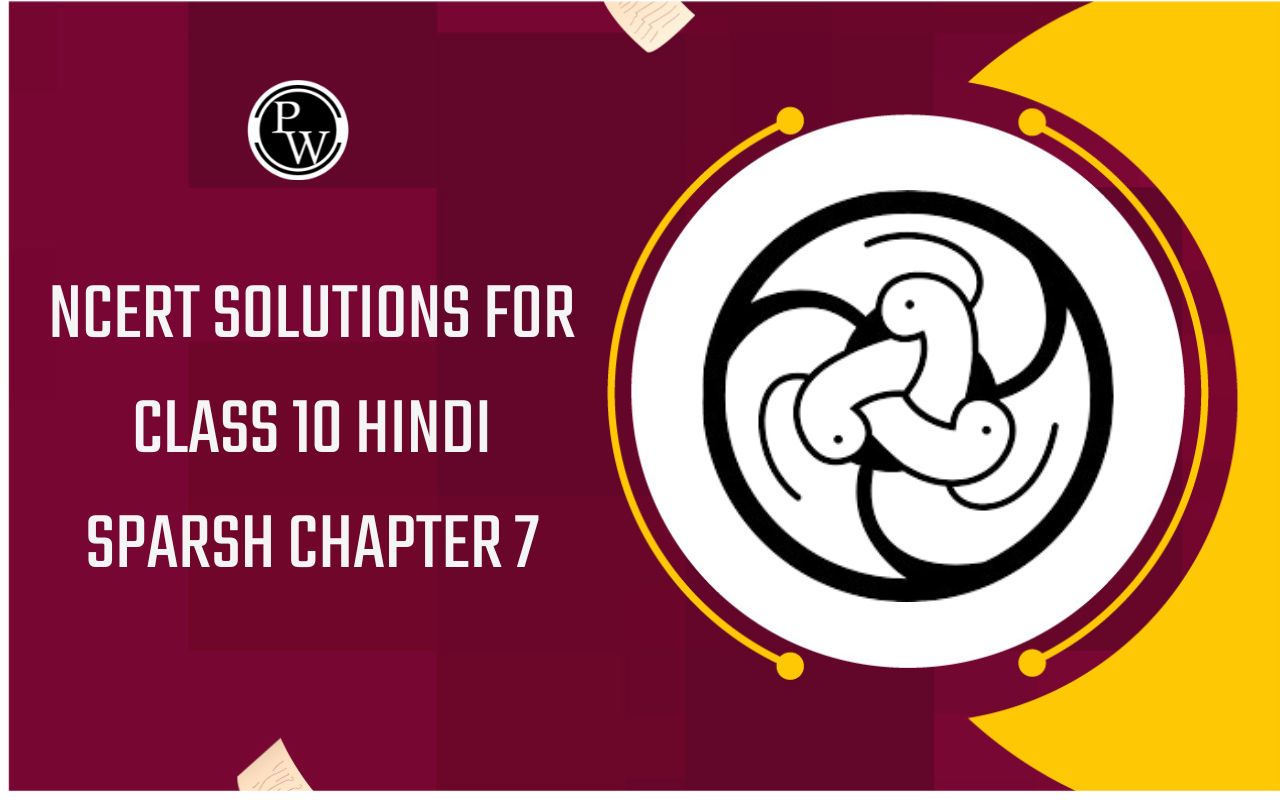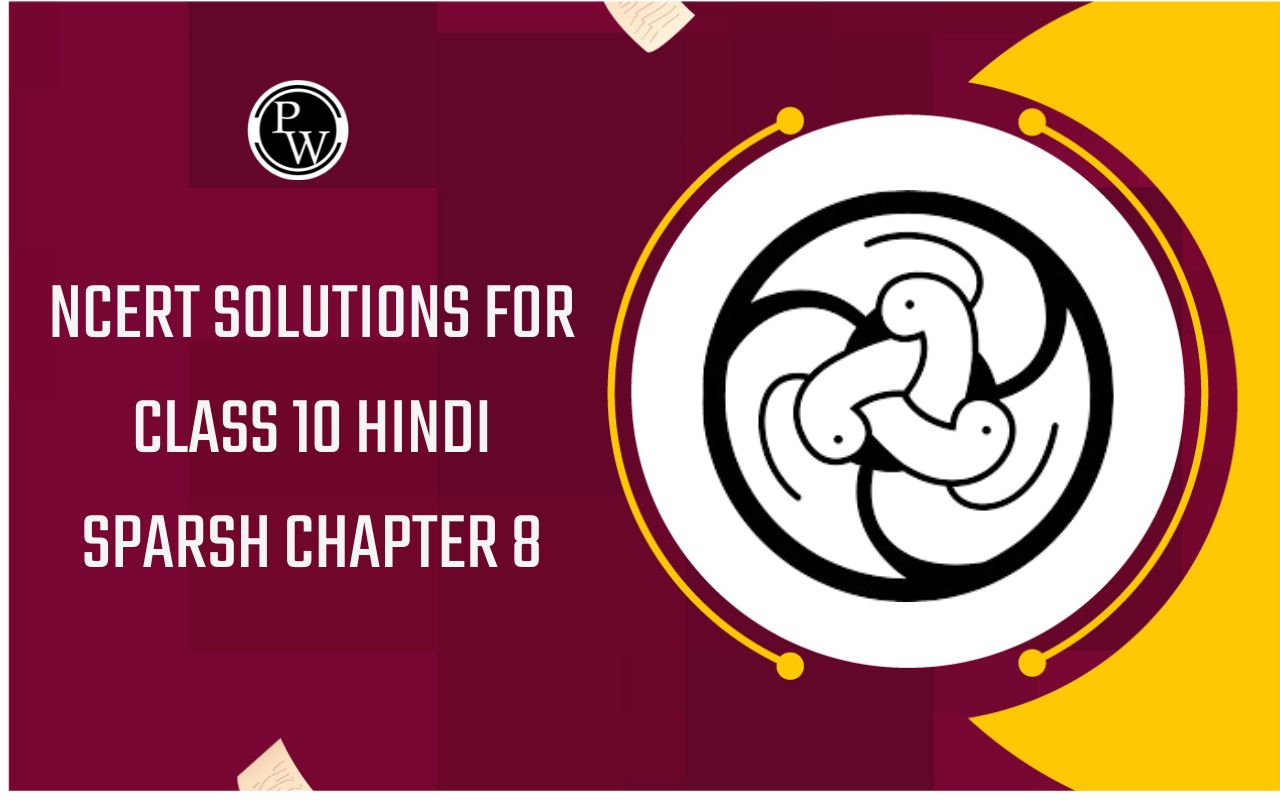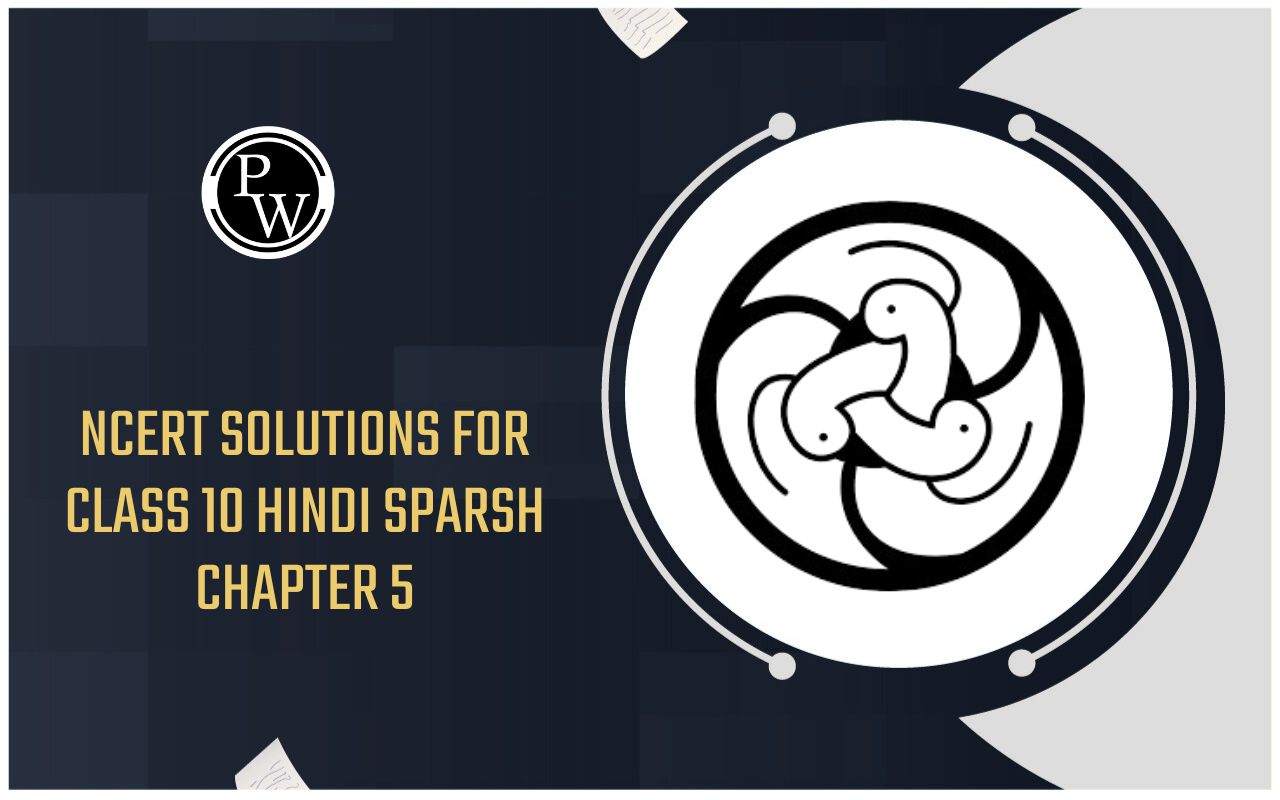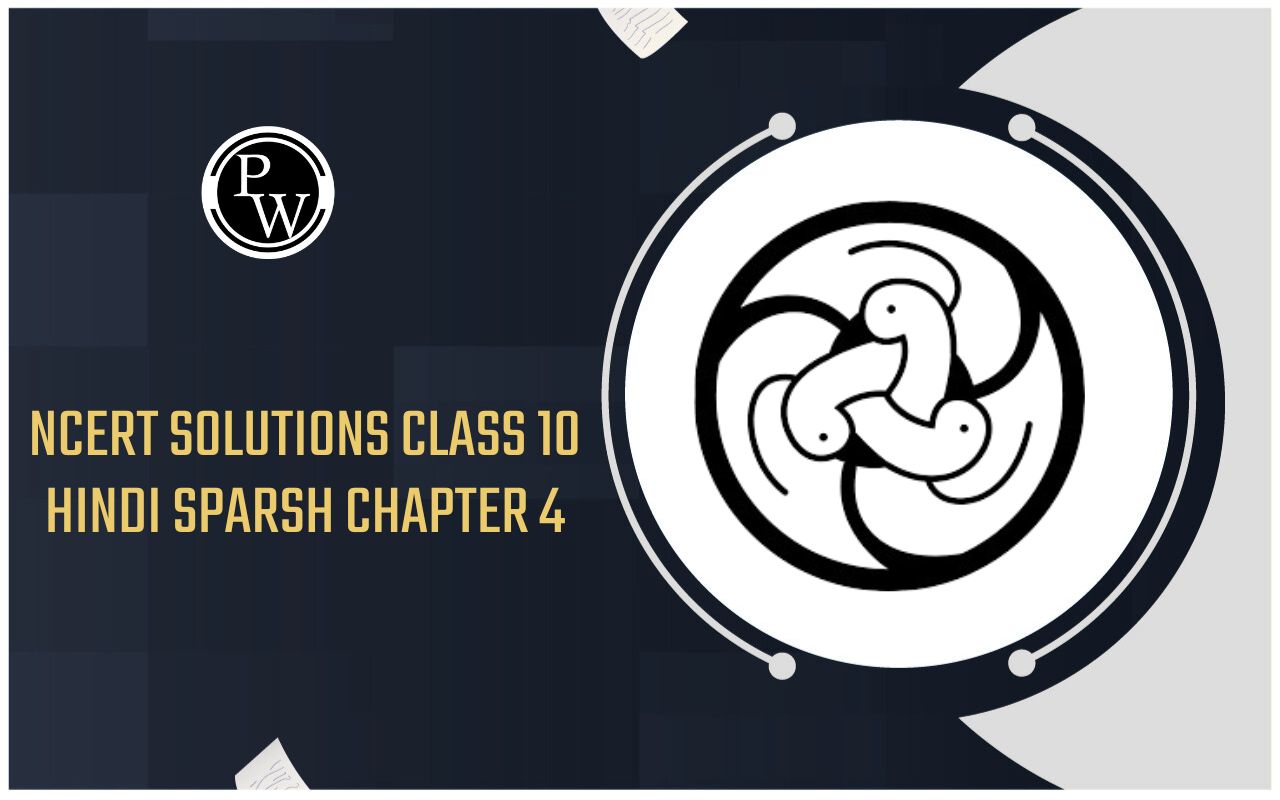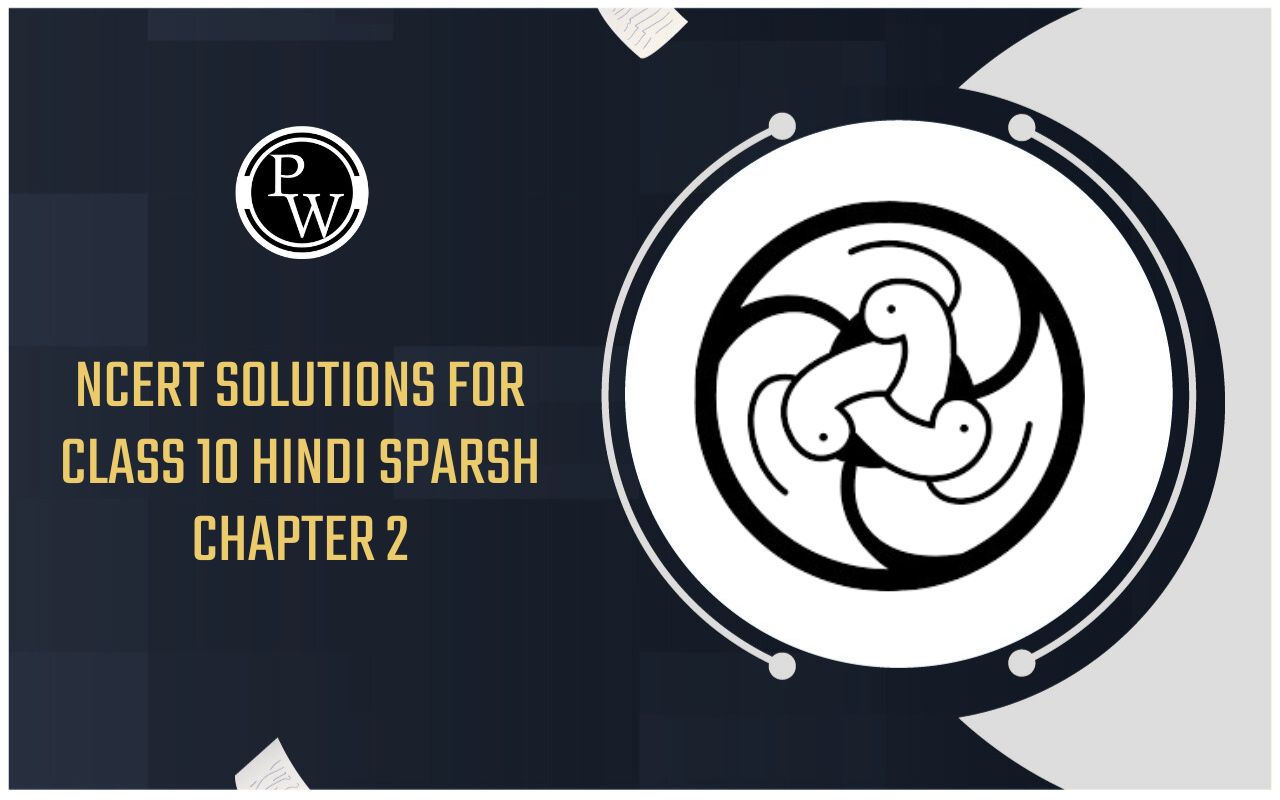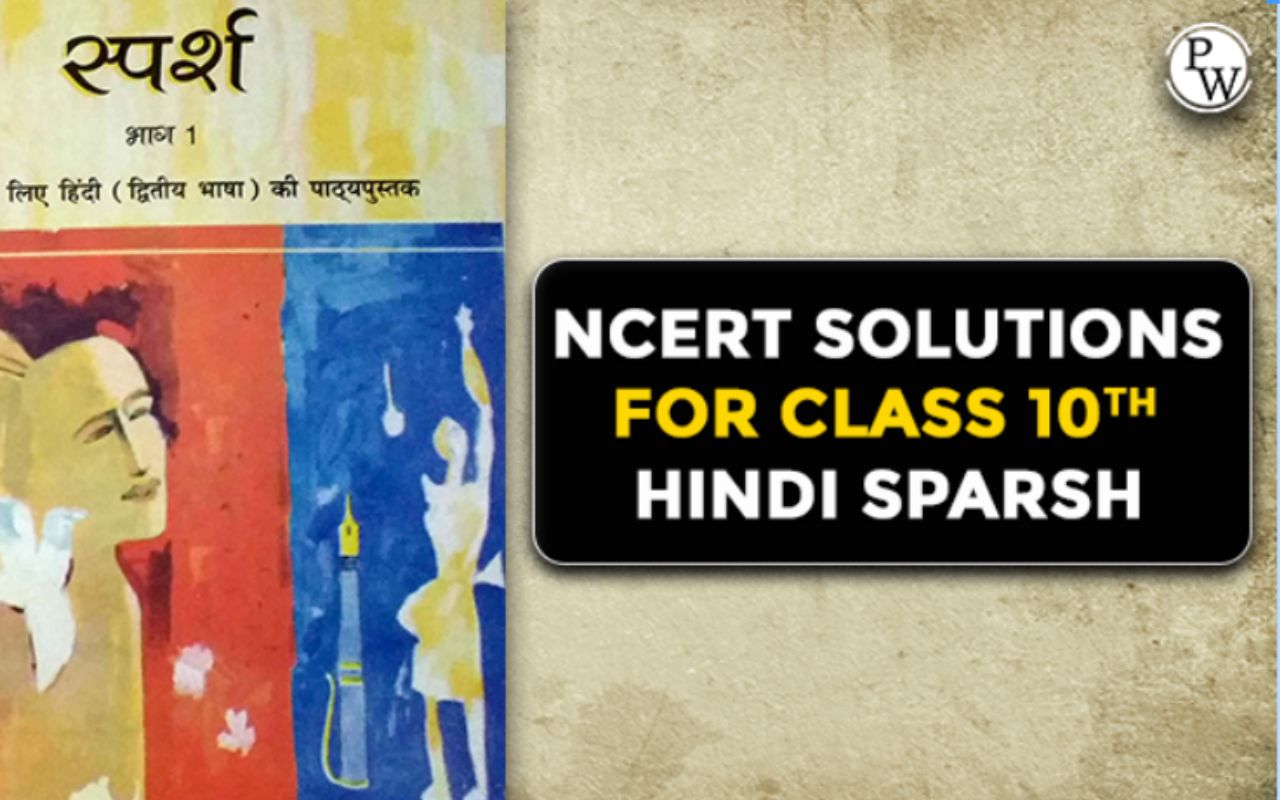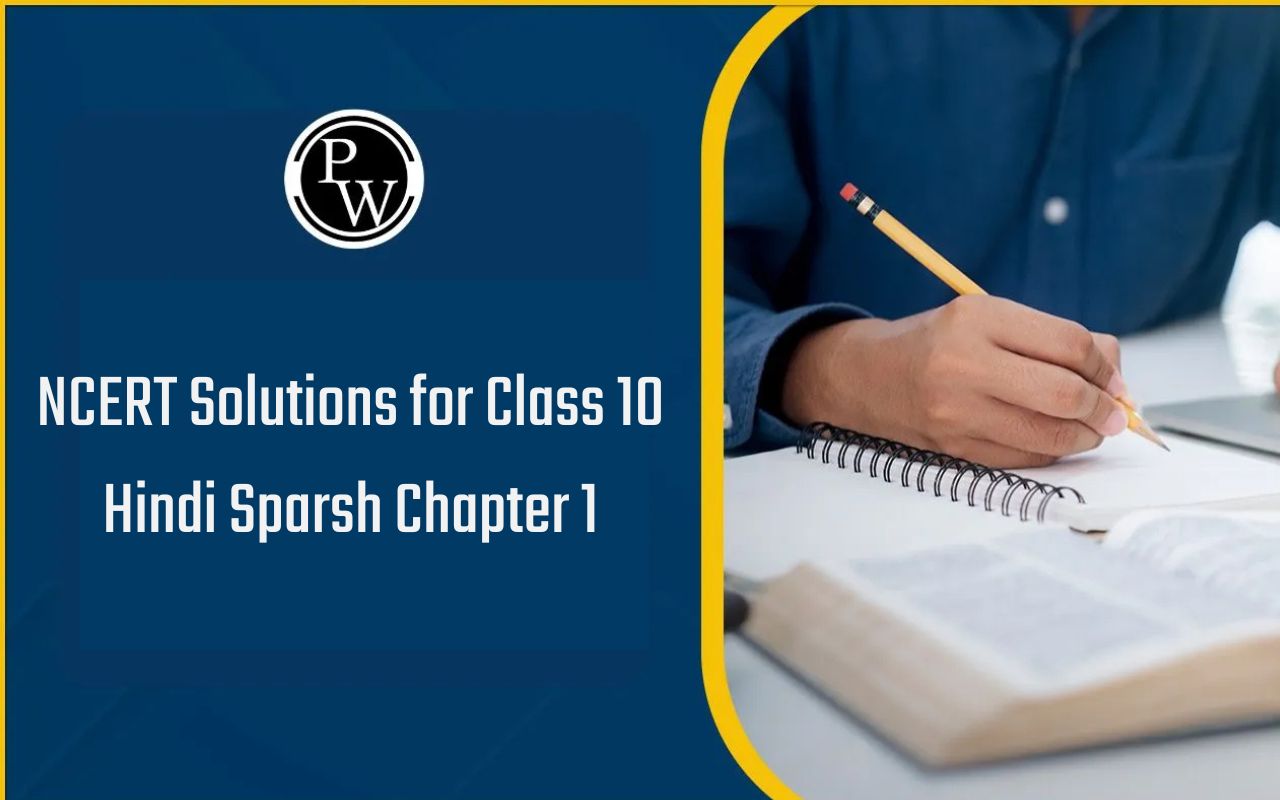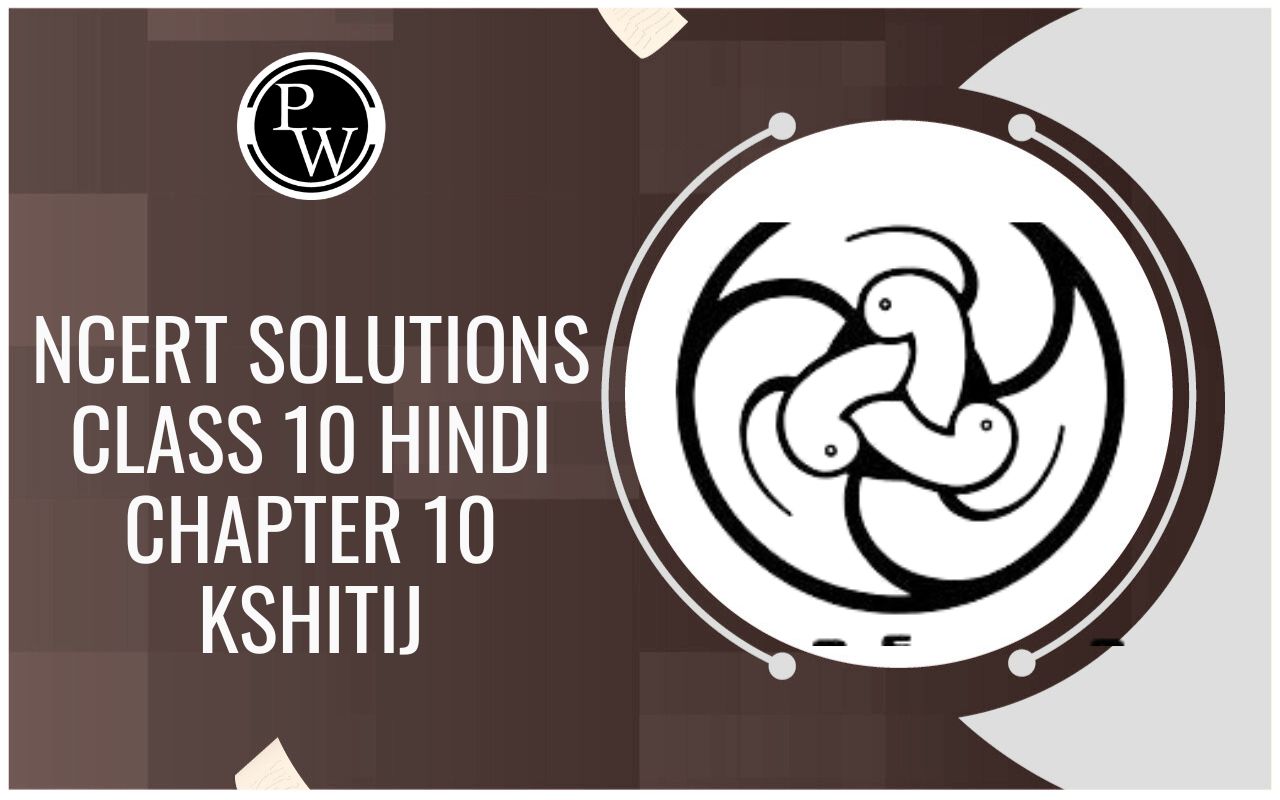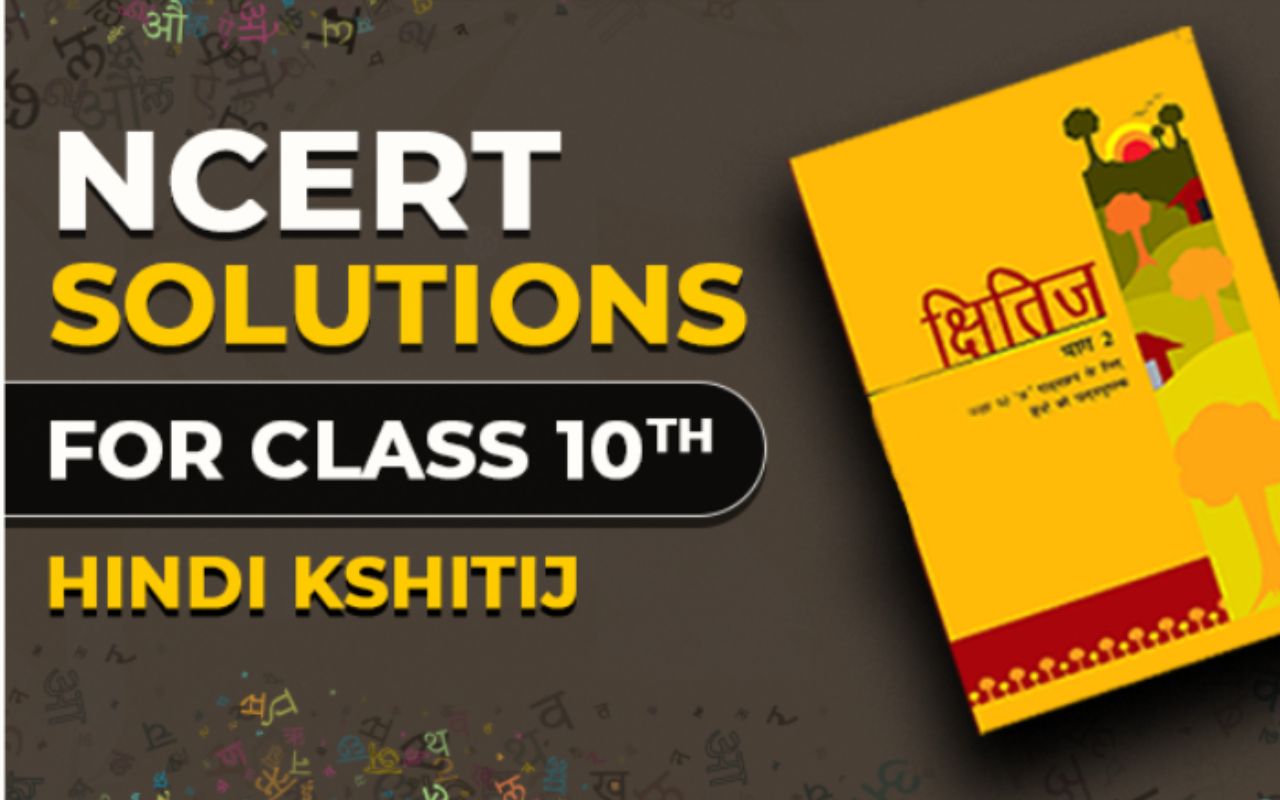
National Political Parties
Political Parties of Class 10
National Political Parties
A party that secures at least six percent of total votes in Lok Sabha elections or Assembly elections in four states and win atleast four seats in the Lok Sabha is recognised as a National Party. There were six national parties in the country in 2006.
INDIAN NATIONAL CONGRESS (INC)
It is popularly known as the Congress Party. One of the oldest parties of the world. Founded in 1885 and has experienced many splits. Played a dominant role in Indian politics at the national and state level for several decades after India’s Independence. Under the leadership of Jawaharlal Nehru, the party sought to build a modern secular democratic republic in India. Ruling party at the centre till 1977 and then from 1980 to 1989. After 1989, its support declined, but it continues to be present throughout the country, cutting across social divisions.
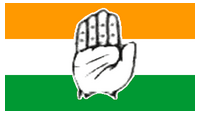
A centrist party (neither rightist nor leftist) in its ideological orientation, the party espouses secularism and welfare of weaker sections and minorities. Supports new economic reforms but with a human face. Emerged as the largest party with 145 members in the Lok Sabha elections held in 2004. Currently leads the ruling United Progressive Alliance coalition government at the Centre.
BHARATIYA JANATA PARTY (BJP)
Founded in 1980 by reviving the erstwhile Bharatiya Jana Sangh. Wants to build a strong and modern India by drawing inspiration from India’s ancient culture and values. Cultural nationalism (or ‘Hindutva’) is an important element in its conception of Indian nationhood and politics. It wants full territorial and political integration of Jammu and Kashmir with India, a uniform civil code for all people living in the country irrespective of religion, and ban on religious conversions.
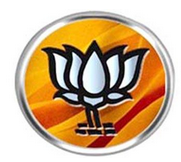
Its support base increased substantially in the 1990s. Earlier limited to north and west and to urban areas, the party expanded its support in the south, east, the north-east and to rural areas. Came to power in 1998 as the leader of the National Democratic Alliance including several state and regional parties. Lost elections in 2004 and is the principal opposition party in the Lok Sabha.
BAHUJAN SAMAJ PARTY (BSP):
It is formed in 1984 under the leadership of Kanshi Ram. Seeks to represent and secure power for the bahujan samaj which includes the dalits, adivasis, OBCs and religious minorities. Draws inspiration from the ideas and teachings of Sahu Maharaj, Mahatma Phule, Periyar Ramaswami Naicker and Babasaheb Ambedkar. Stands for the cause of securing the interests and welfare of the dalits and oppressed people.
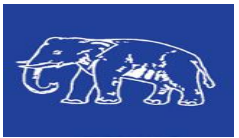
It has its main base in the state of Uttar Pradesh and substantial presence in neighbouring states like Madhya Pradesh, Chhattisgarh, Uttarakhand, Delhi and Punjab. Formed government in Uttar Pradesh several times by taking the support of different parties at different times. In the Lok Sabha elections held in 2004, it polled about 5 per cent votes and secured 19 seats in the Lok Sabha.
COMMUNIST PARTY OF INDIA - MARXIST (CPI-M):
Founded in 1964. Believes in Marxism- Leninism. Supports socialism, secularism and democracy and opposes imperialism and communalism. Accepts democratic elections as a useful and helpful means for securing the objective of socioeconomic justice in India. Enjoys strong support in West Bengal, Kerala and Tripura, especially among the poor, factory workers, farmers, agricultural labourers and the intelligentsia.
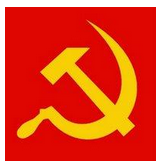
Critical of the new economic policies that allow free flow of foreign capital and goods into the country. It has been in power in West Bengal without a break for 30 years. In 2004 elections, It won about 6 per cent of votes and 43 seats in the Lok Sabha. Initially supported the UPA government from outside, but withdrew support in late 2008.
COMMUNIST PARTY OF INDIA (CPI):
- The Communist party of India was formed in 1925. Till 1977, it remained an ally of the Congress. There after, it started to be anti-Congress and anti-BJP, left and democratic front.
- CPI believes in Marxism, Leninism, secularism and democracy.
- It opposes the forces of secessionism and communalism. It accepts parliamentary democracy as a means of promoting the interests of the working class, farmers and the poor.
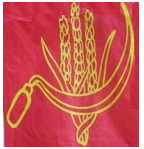
- It favours control over foreign trade, new and equitable international economic order. It advocates crop insurance schemes and cancellation of loans taken by small peasants, radical land reforms, including fair wages to agricultural workers, etc.
- CPI supports base states are Kerala, West Bengal, Punjab, Andhra Pradesh and Tamil Nadu. But its support base has gradually declined over the years. It secured about 1.4 per cent votes and 10 seats in the 2004. Lok Sabha elections. Currently CPI supports UPA government from outside.
NATIONALIST CONGRESS PARTY (NCP):
It formed in 1999 following a split in the Congress party. Espouses democracy, Gandhian secularism, equity, social justice and federalism. It wants that high offices in government be confined to natural born citizens of the country. A major party in Maharashtra and has a significant presence in Meghalaya, Manipur and Assam. A coalition partner in the state of Maharashtra in alliance with the Congress. Since 2004, a member of the United Progressive Alliance.
